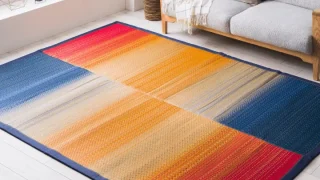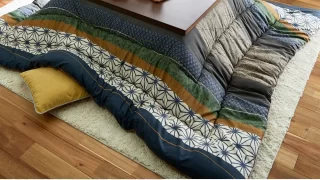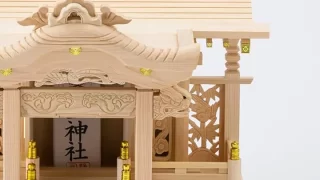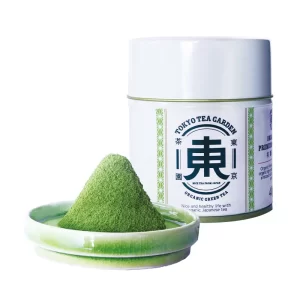Traditional Tatami mat until completion
Contents
- 1 1、Planting Tatami Rush Grass
- 2 2、Mow and fertilize Tatami Rush Grass
- 3 3、Netting Tatami Rush Grass
- 4 4、Harvesting Tatami Rush Grass
- 5 5、Mud the Tatami Rush Grass and let it dry.
- 6 6、Select Tatami Rush Grass.
- 7 7、Tatami Rush Grass Weave
- 8 8、The surface material, known as the tatami-omote attachment
- 9 9、Attach the border material, tatami-beri
- 10 10、Corner binding of Tatami Mat
- 11 11、Tatami Mat Backstitch
- 12 12、Wipe Tatami
1、Planting Tatami Rush Grass
Tatami Rush Grass does not grow from seed, but is a crop that is grown by dividing the stock twice. It is commercialized using only Rush Grass grown in rice fields.
2、Mow and fertilize Tatami Rush Grass
Tatami Rush Grass that has been successfully grown should start fertilizing 70 days before harvest. In addition, 65 days before harvest, the tips are cut and trimmed to allow for more sunlight.
3、Netting Tatami Rush Grass
Net the Rush Grass to prevent it from falling over. During this period, Rush Grass grows 4 to 6 cm a day, so the height of the net is adjusted many times according to the degree of growth.
4、Harvesting Tatami Rush Grass
About 1 year and 8 months after the first planting of Tatami Rush Grass, the Rush Grass is finally harvested.
5、Mud the Tatami Rush Grass and let it dry.
Harvested Tatami Rush Grass is dyed with natural soil and dried for about 16 hours to bring out the unique aroma and performance of Tatami.
6、Select Tatami Rush Grass.
Pass the Rush Grass through the sorter and sort by length. In addition, the craftsmen check each Rush Grass for damage and withering.
7、Tatami Rush Grass Weave
We weave RushGrass with a machine that stretches many fine threads. It takes about an hour and a half to weave 1 Tatami size.
8、The surface material, known as the tatami-omote attachment
Tatami Craftsman's skilled craftsmanship. I will put the tatami-omote that I received from the RushGrass farmer on the inner core, tatami-doko.
9、Attach the border material, tatami-beri
Attach the border material, tatami-beri, to the outer frame of Tatami. A skilled Tatami craftsman freely manipulates a needle over 10cm in length, and uses the entire body to sew to the perfect size.
10、Corner binding of Tatami Mat
It is also important to treat the corners of the outer frame to protect the corners of the Tatami Mat and increase its durability.
11、Tatami Mat Backstitch
Secure the inner core, tatami-doko and outer frame from the back side of the base with more threads.
12、Wipe Tatami
For finishing, the surface of Tatami is polished to complete the traditional Tatami Mat.





